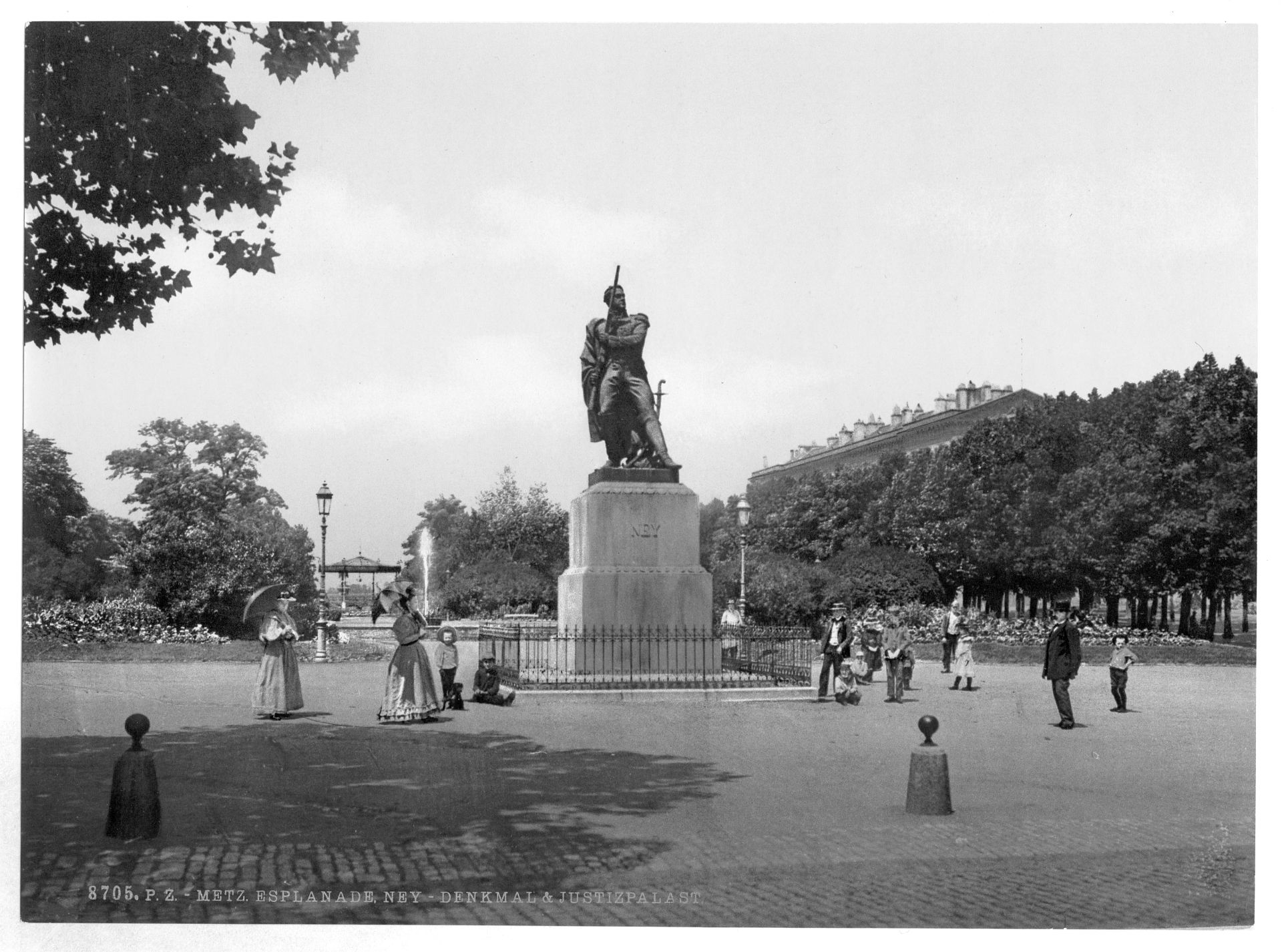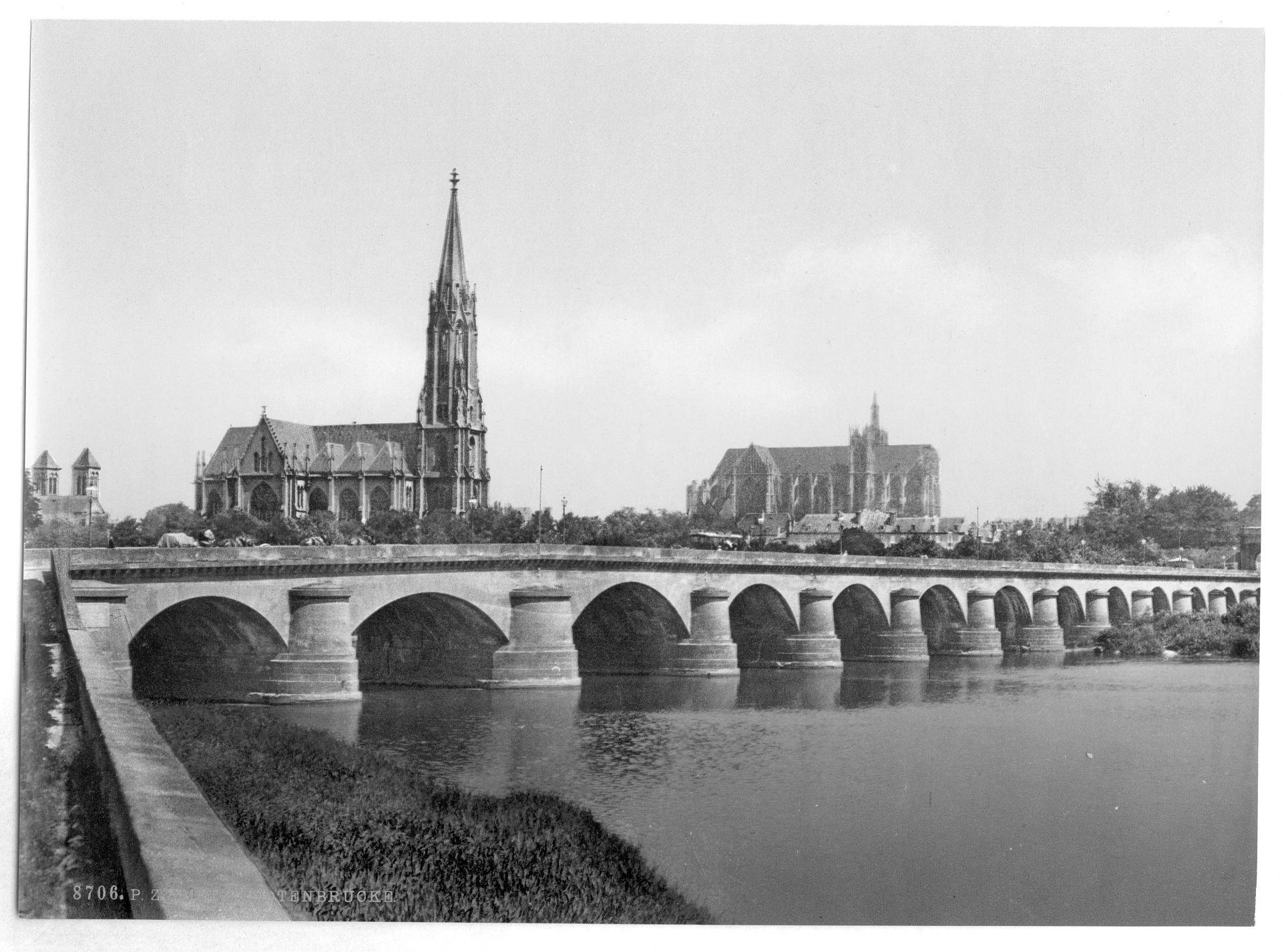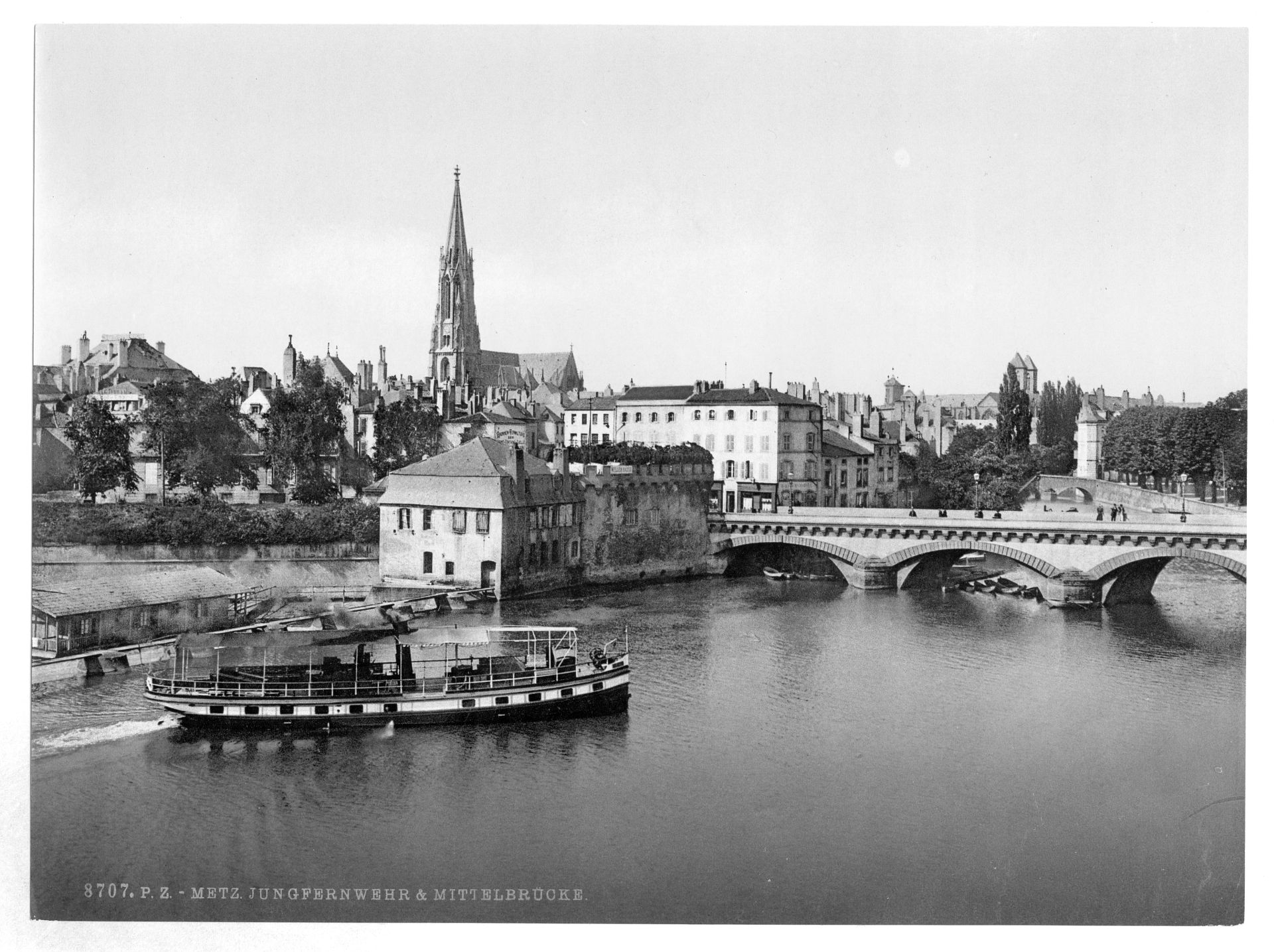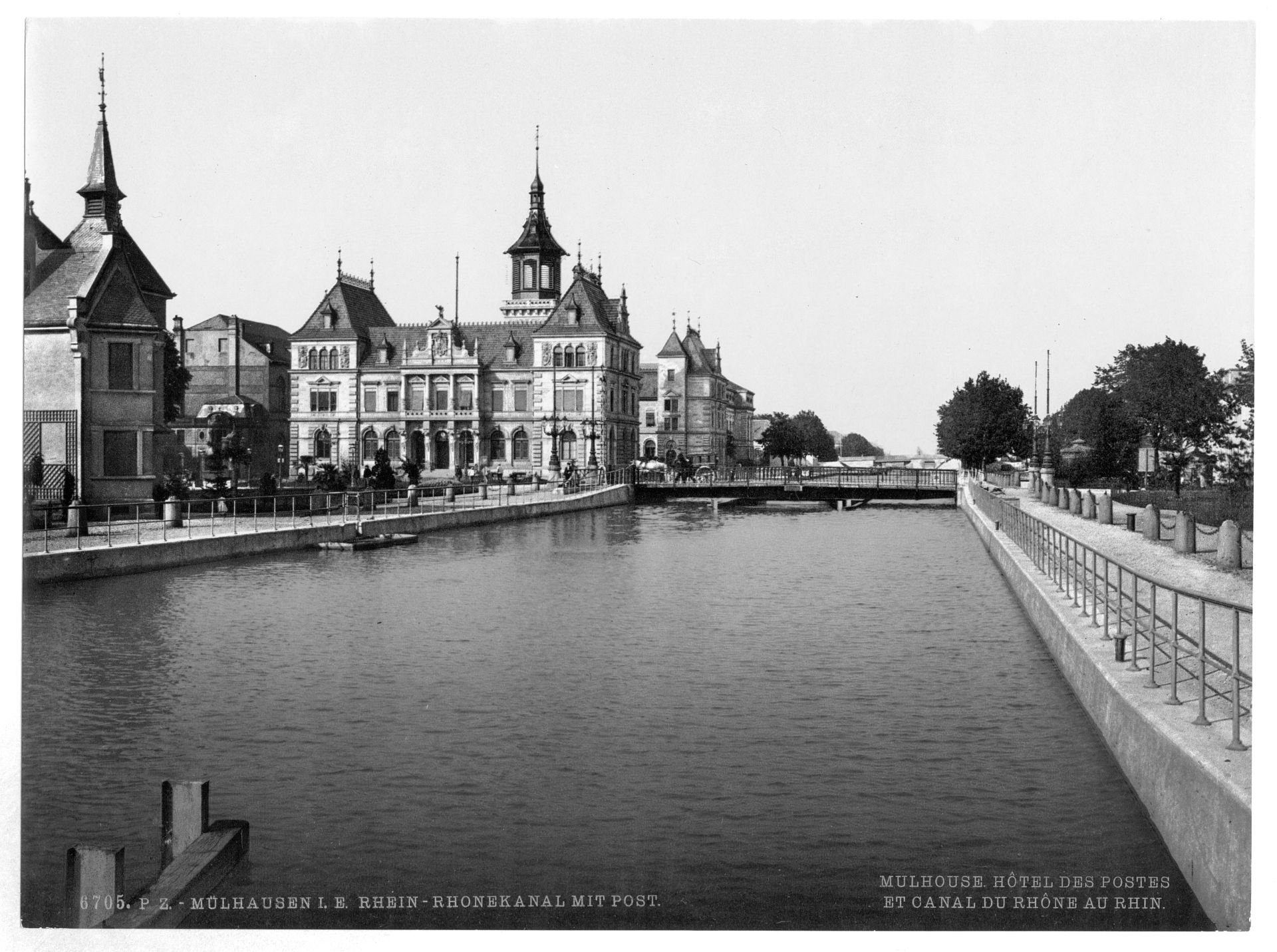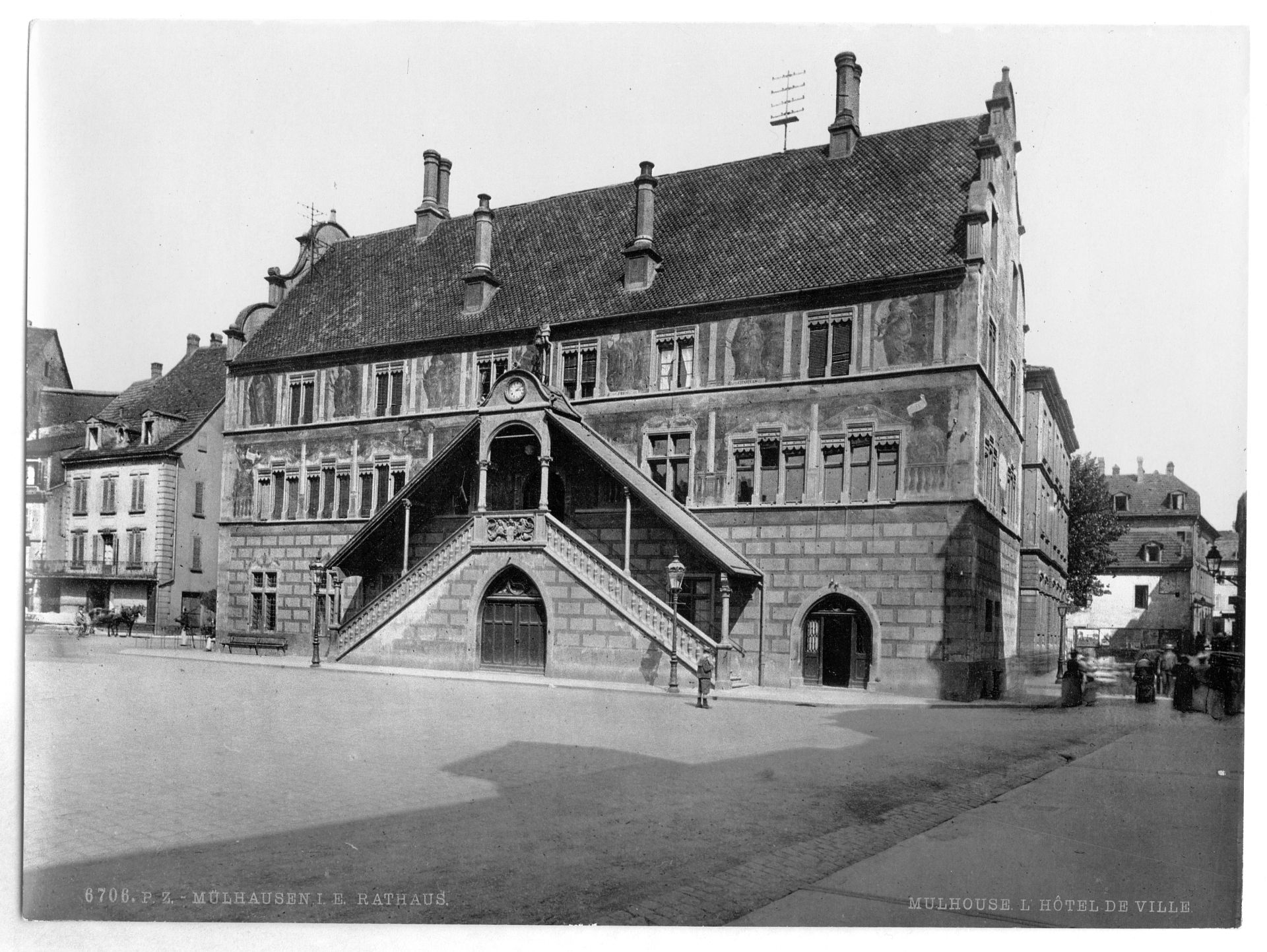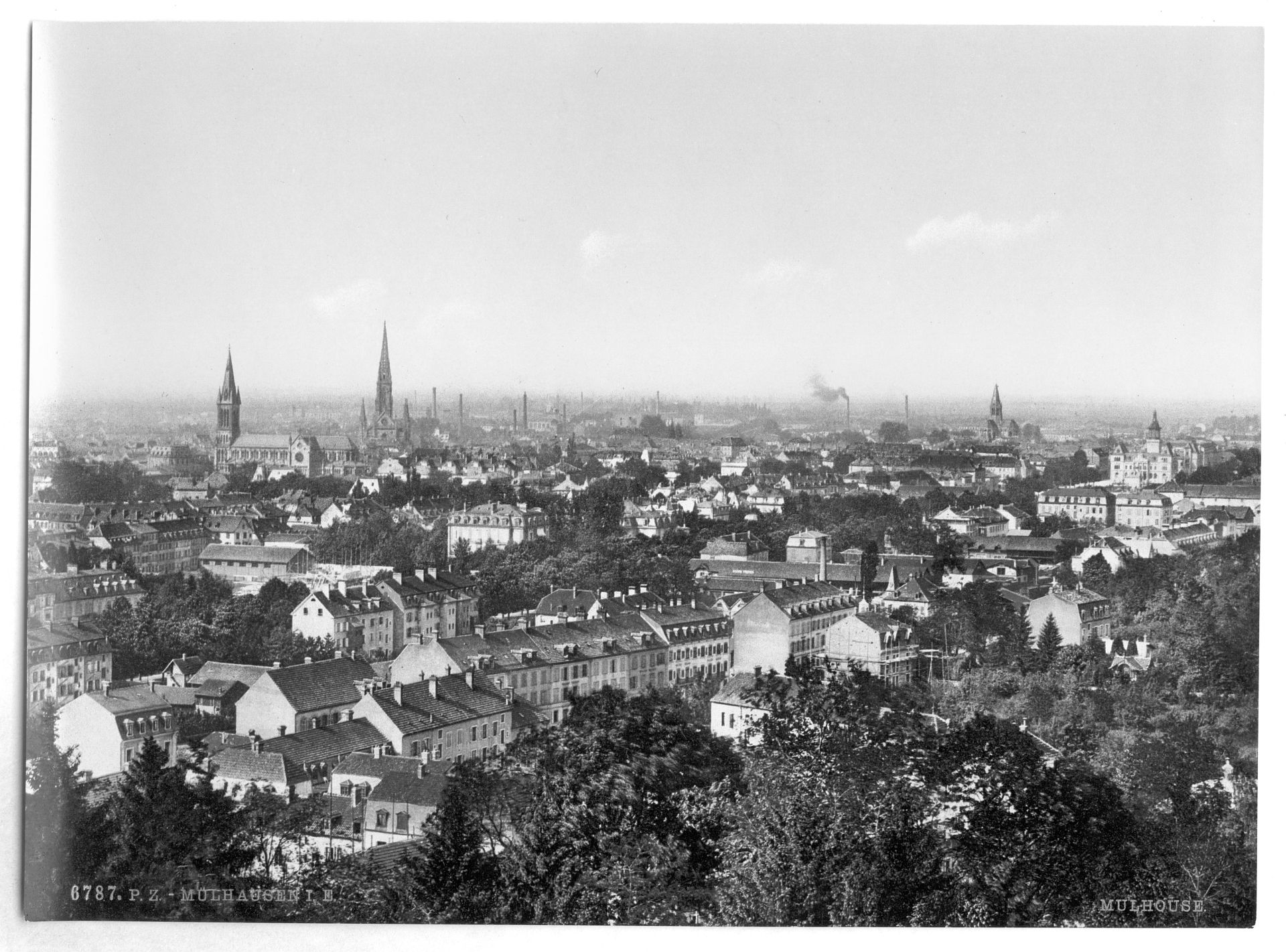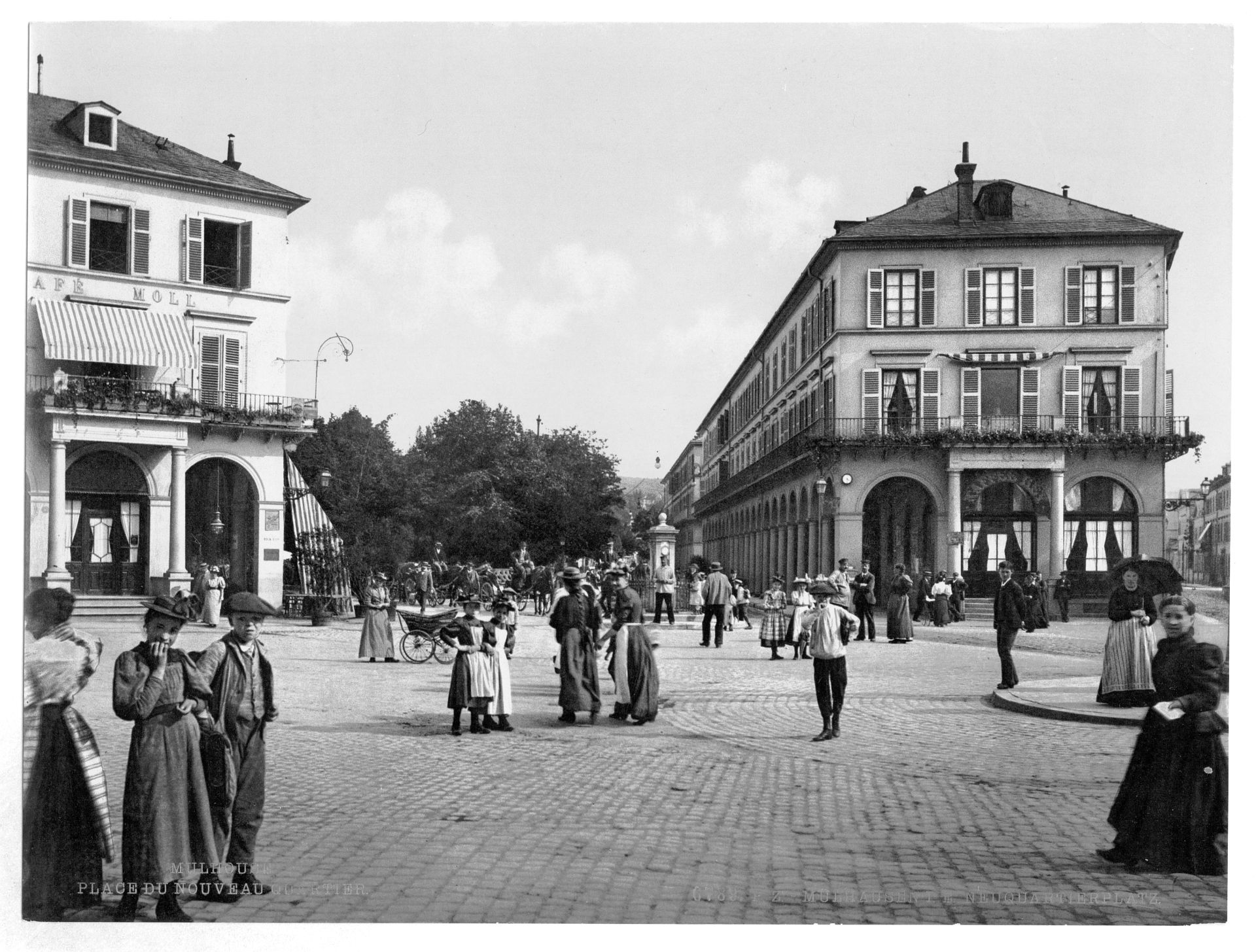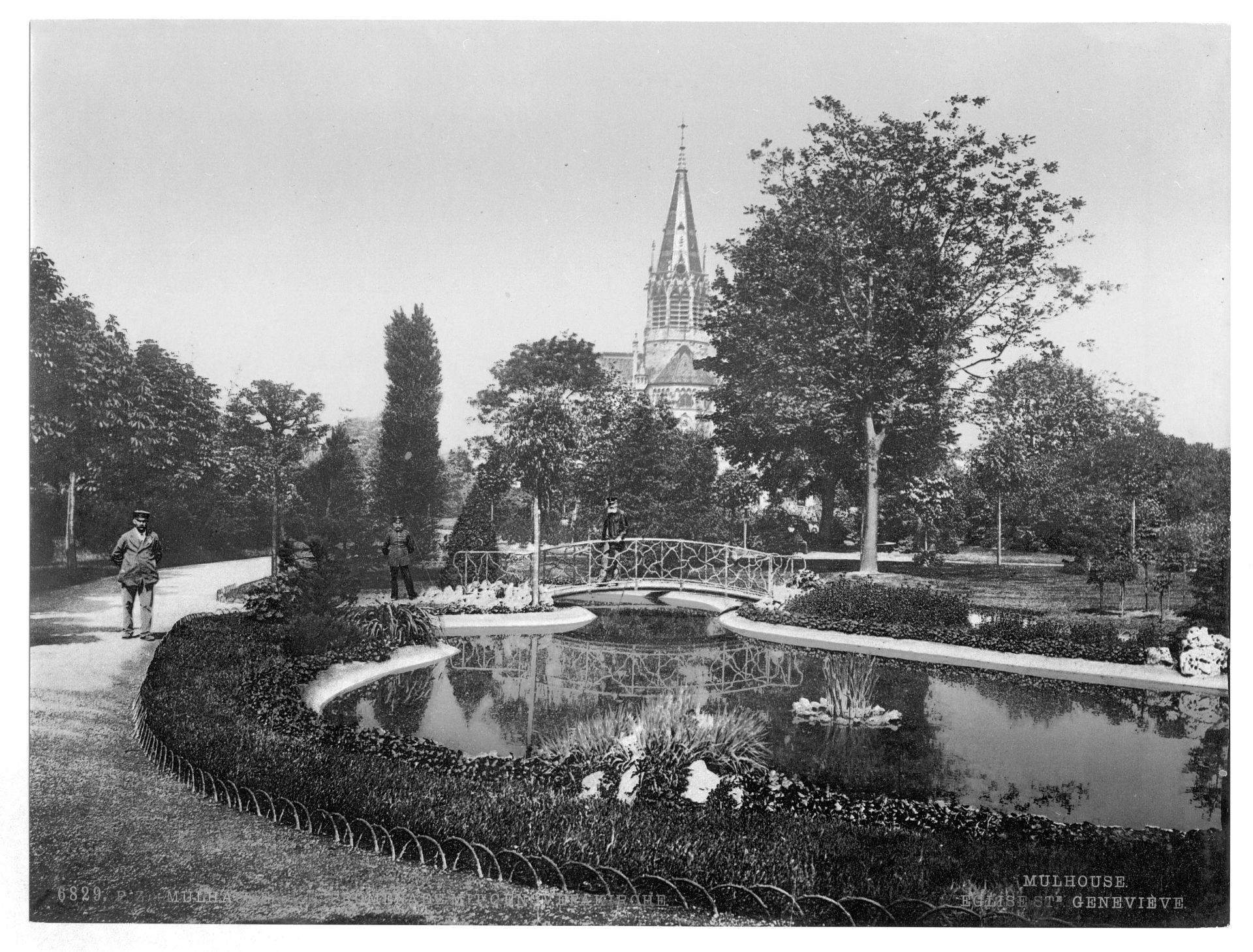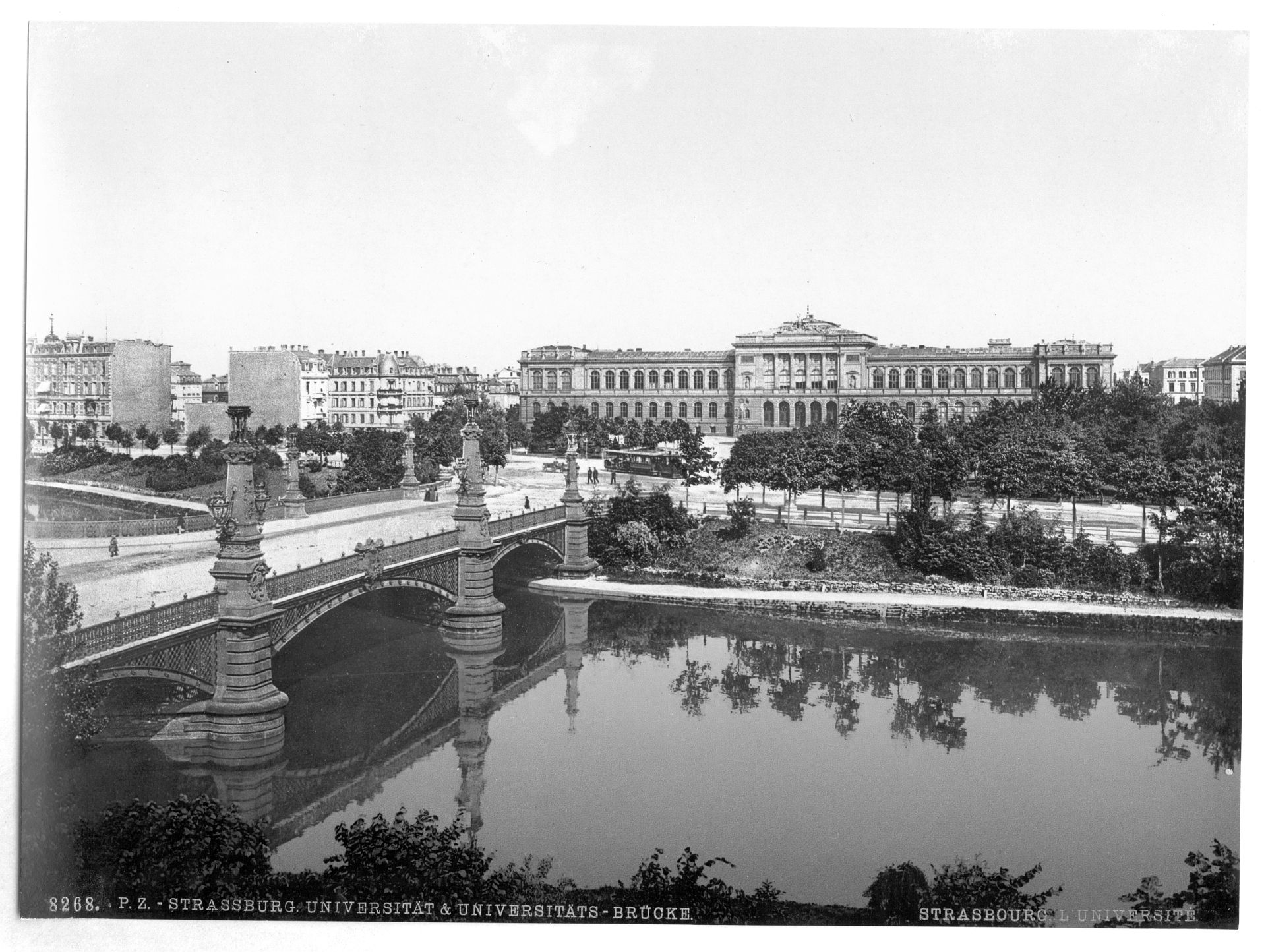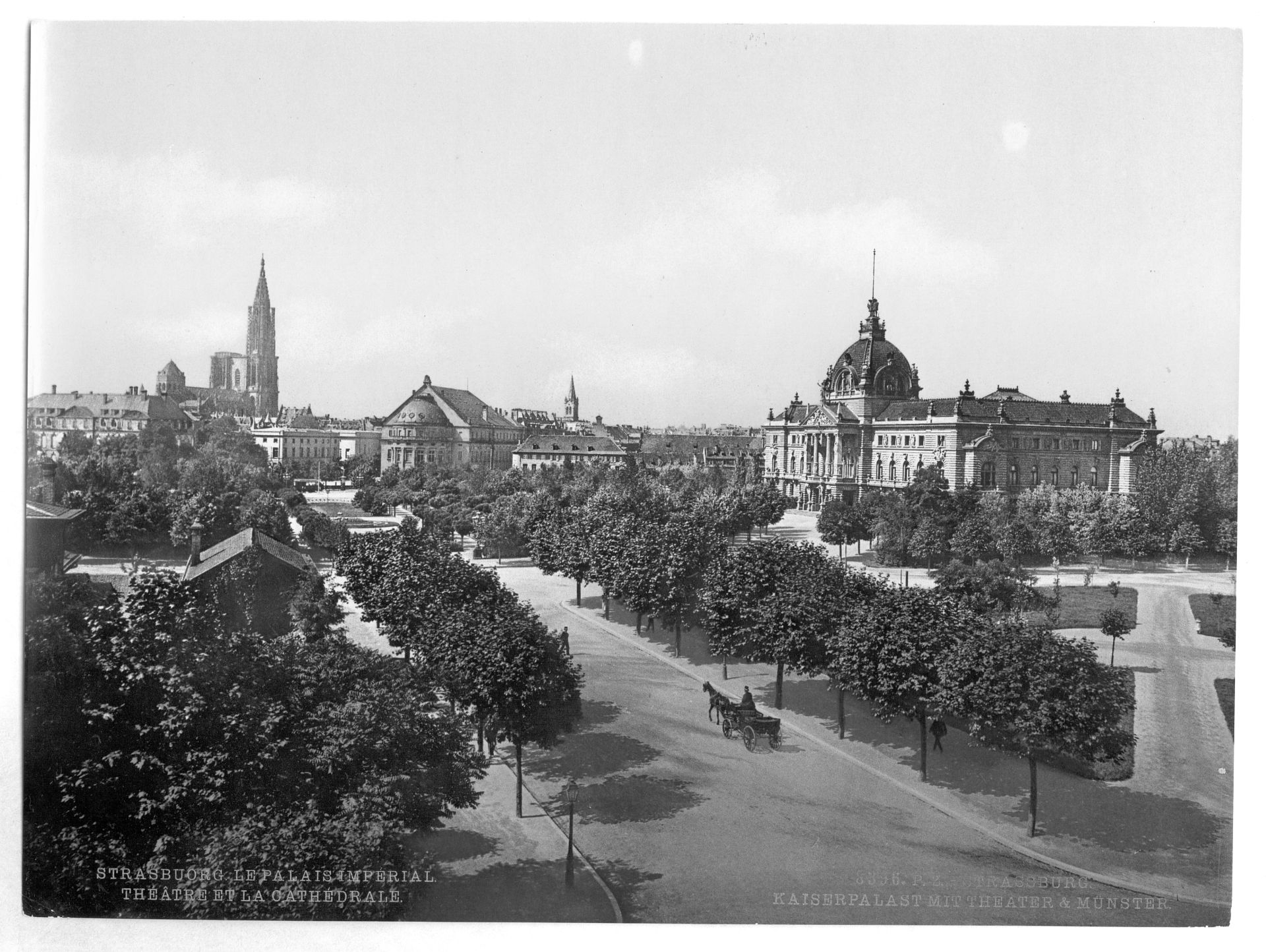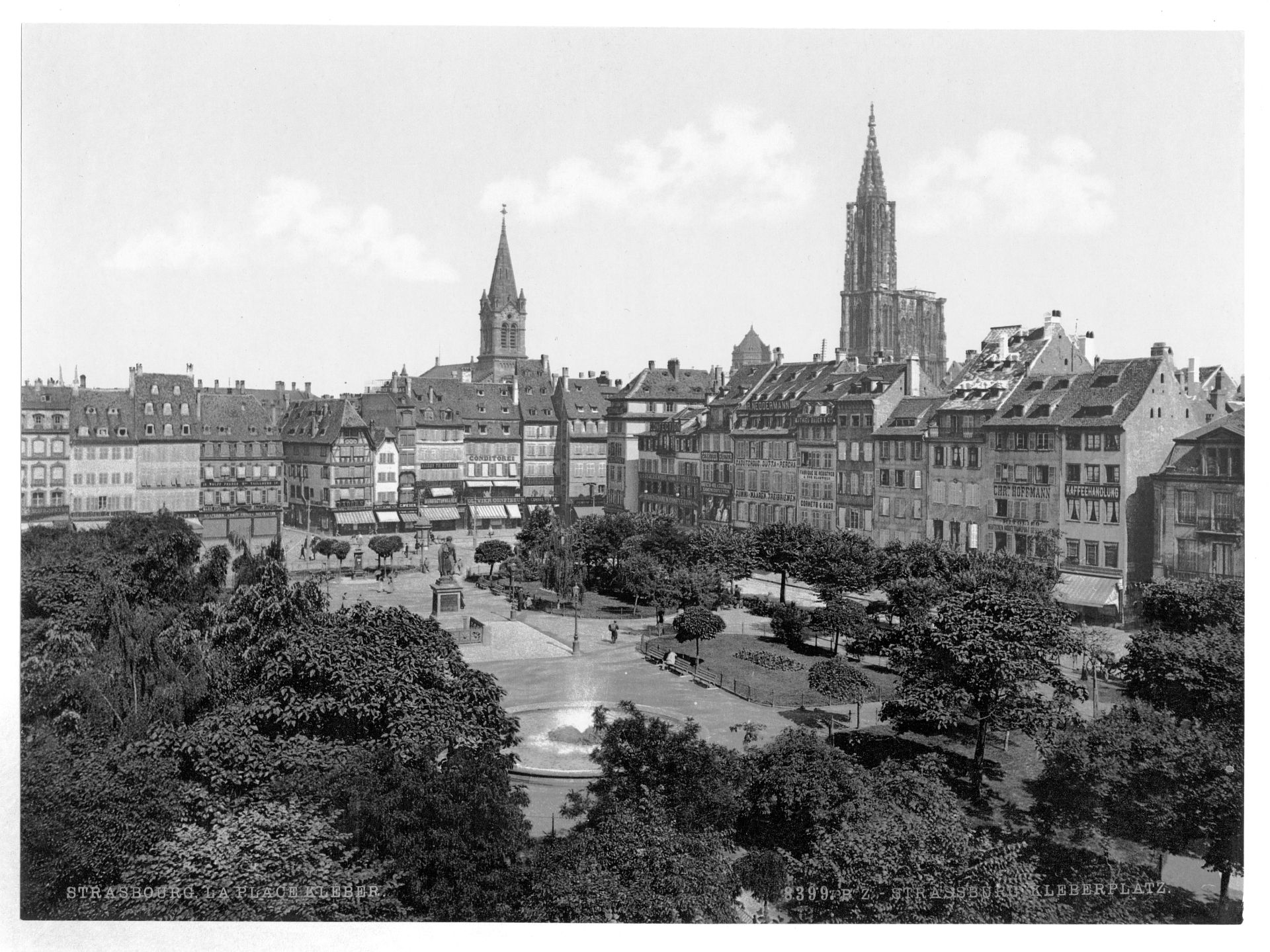In 1871, the newly created German Empire’s demand for Alsace from France after its victory in the Franco-Prussian War was not simply a punitive measure. The transfer was controversial even among the Germans: The German Chancellor, Otto von Bismarck, was initially opposed to it, as he thought (correctly) it would engender permanent French enmity toward Germany. Some German industrialists did not want the competition from Alsatian industries, such as the cloth makers who would be exposed to competition from the sizeable industry in Mulhouse. Karl Marx also warned his fellow Germans: “If Alsace and Lorraine are taken, then France will later make war on Germany in conjunction with Russia. It is unnecessary to go into the unholy consequences.”
Bismarck and the South German industrialists proposed to have Alsace ceded to Switzerland, while Switzerland would compensate Germany with another territory. The Swiss rejected the proposal, preferring to remain neutral between the French and Germans.




